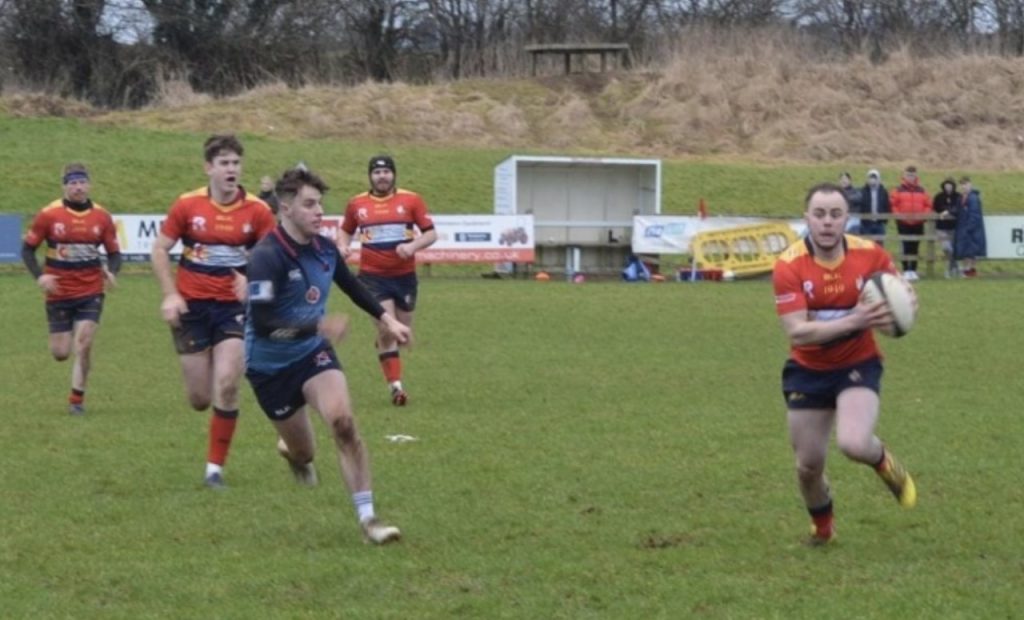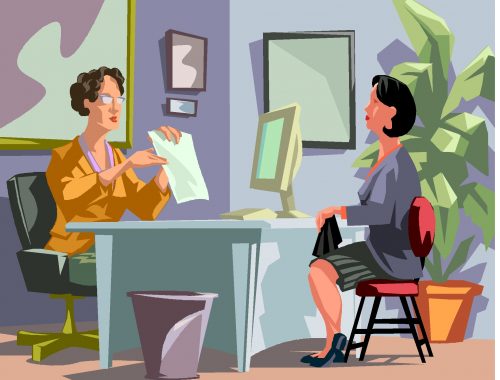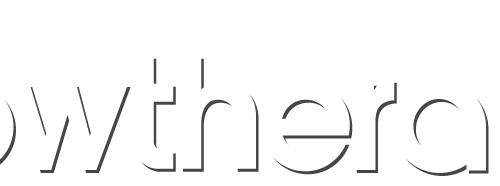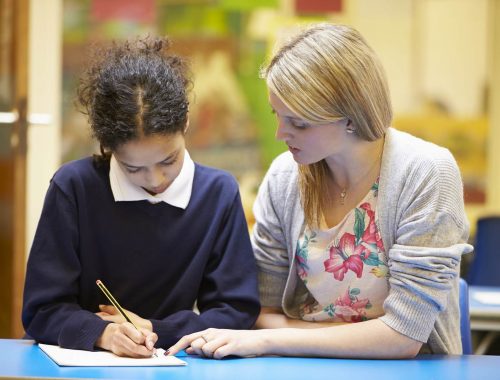CONFIDENCE IS KEY, BUT IT WILL ONLY GET ME SO FAR.
In my second blog post, I will once again use Gibbs model of reflective practice. This time I will use it to analyse my performance in mock interviews held for a job that we each selected before the session. As a quick reminder, the Gibbs model of reflection involves six stages, all of which should help me better understand how to improve myself for the future. These six stages are Description, Feelings, Evaluation, Analysis, Conclusion, and an Action Plan. I am someone who has always done well in interviews, in fact I have been working since I was sixteen in various jobs, and I have the somewhat notable record of being hired for every job I have reached the interview stage for. I am not naïve however and do understand that this is likely to be short lived as I enter the ‘real’ world of work. Thanks to the crushing reality of this, I hope to find ways of improving my interview skills using Gibbs model.
The interview was held in the university music building and we had been instructed to send the rest of our group a job posting that we intended to apply for, so they could curate suitable questions. I was the last of my group of four to be interviewed. The first thing I noticed was that I was under dressed; arriving in a pair of track suit bottoms and a hoodie, was somewhat of an oversight on my behalf, although in my defence there was no mention of a dress code. I sat opposite my three class mates and greeted them as though it was my first time meeting them, I ensured I sat up straight, made eye contact with all of them and waited patiently for the first question…

In a strange sense, this scenario gave me the same rush and feeling that I get when I play rugby, but to a lesser extent. Before a match I feel riddled with anxiety, full of what ifs? What if I miss this tackle? What if I drop the ball? What if I dislocate my shoulder and need surgery again? I am almost shaking before a match, I feel sick to the pit of my stomach and all I want is to be anywhere but there. I am notorious for warming up poorly, making mistakes and looking white as a ghost… Up until the moment the ball is kicked off I am a nervous wreck, but the second the ball is in the air I feel completely serene, as though I am floating. I don’t have to think, I just do. It’s almost like meditation. It might sound silly but the interview felt the same. Granted I wasn’t quite as nervous, as I wasn’t expecting a 130kg south sea islander to run at me, but there were similarities. I was anxious, full of what ifs on the way in, but the second the first question was asked, my instinct kicked in and I just started talking. At one point an interviewer began to laugh, and I was able to stay completely unfazed by it and continue my answer (the laughing was unrelated to the interview if you are wondering.)
“Your success will be determined by your own confidence and fortitude.”
-Michelle Obama
I was able to answer all the questions eloquently, with only one stumbling block. An interviewer asked about my experience with graphics on news pieces, of which I have little to none. I knew this question was likely to come up as it was mentioned in the job description, but the interviewers could tell I was somewhat avoiding the question. Other than this, feedback I received after the interview was overwhelmingly positive, with one of my cohort even saying I should be an actor because of how calm I was under pressure.
In conclusion I do think my interview skills are very good, although I think it may be down to how calm I am during them, rather than the work I put in beforehand. This is not new to me however, during my GCSEs I would only spend an hour or two the night before an exam revising the years’ worth of content. When I went into school in the morning though, and my friends had been up until 2am and since 5am, running off caffeine and nerves, I was able to compartmentalise what was happening and stay completely calm. I owe my good GCSE grades to this ability. I realise that mixing this ability with good preparation would improve my grades and performance even more.
So, what next? Well, hopefully what’s next is these interviews with a real board in a real company. The feedback I received was overwhelmingly positive, but I know myself that my performance was down to staying calm and not my preparation. If I had known how to answer the question regarding graphics on news pieces I would have had an almost perfect score in the interview. Almost perfect will not be good enough when somebody is hiring me for real however, so I must strive to improve. I have realised that the way I conduct myself in interviews is good, but sometimes I need more information. From now on I will study the job description like an exam and have answers prepared for everything, so even if I don’t know something, I can at least not avoid the topic.
Be Prepared!!
You May Also Like

Interview a New You! – Becoming an Interview Guru
24 February 2023
Working with a Production House
30 November 2022
